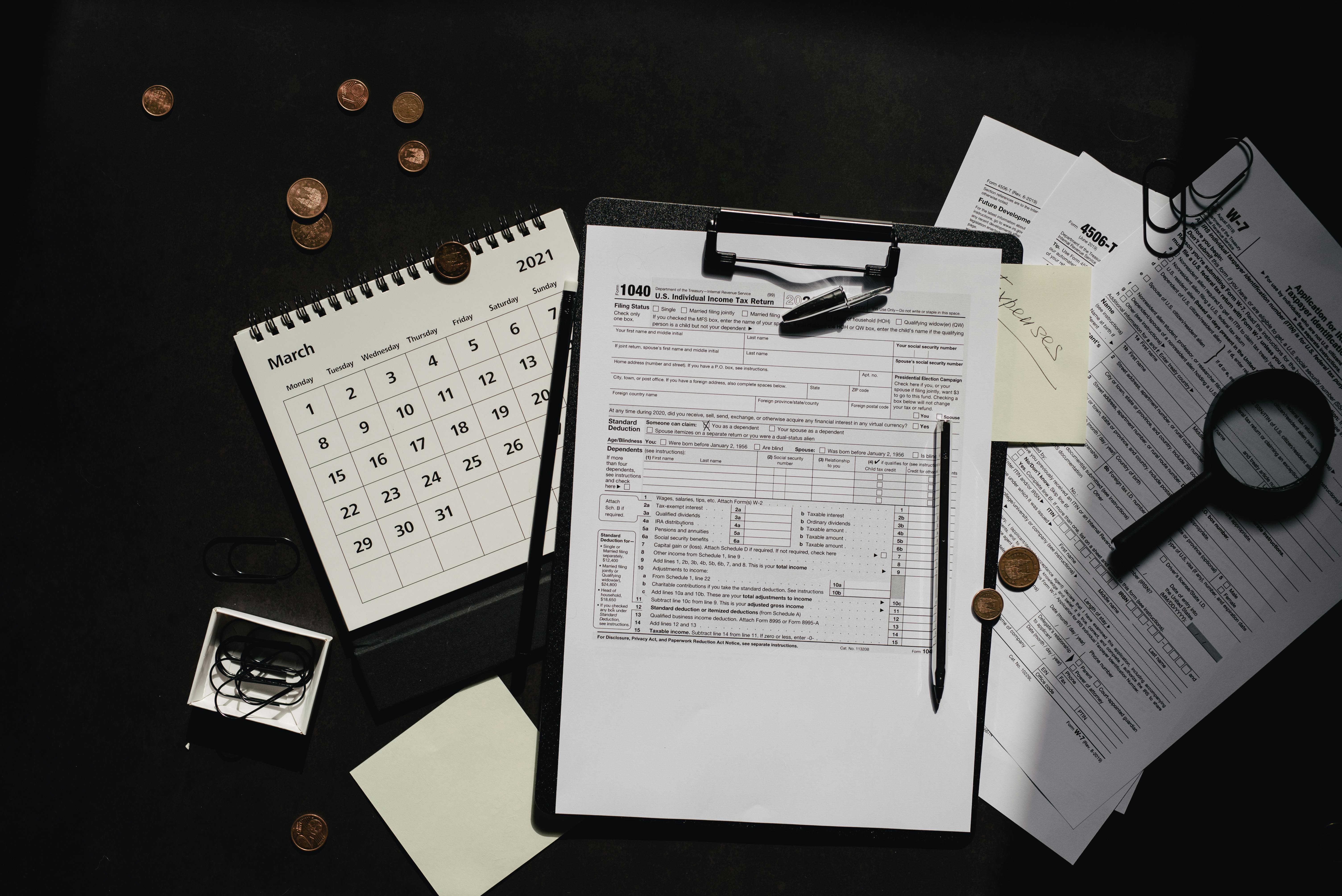Introduction
As cryptocurrency adoption grows, staking, yield farming, liquidity mining, and airdrops have become popular ways to earn passive income. However, the tax treatment of these crypto rewards varies depending on whether they are classified as capital gains or business income.
Understanding the difference between capital gains and business income is crucial for ensuring proper tax reporting and compliance with Canada Revenue Agency (CRA) regulations.
This article explores:
- When crypto rewards are taxed as capital gains vs. business income.
- How the CRA determines classification based on trading behavior.
- Best practices for tax compliance and reporting crypto rewards.
Capital Gains Tax Treatment for Crypto Rewards
If cryptocurrency rewards are earned as part of a long-term investment strategy, they may be classified as capital property, meaning they are taxed under capital gains rules.
Key tax benefits of capital gains classification:
- Only 50% of the gain is taxable, reducing overall tax liability.
- Capital gains tax rates are lower than business income tax rates.
- Long-term investors benefit from deferring taxes until assets are sold.
Example:
Alice stakes 10 ETH in a DeFi protocol and earns 0.5 ETH in staking rewards. She holds the rewards for two years before selling them at a profit.
- Since Alice’s intention was long-term investment, the CRA may classify her earnings as capital gains.
- When she sells the 0.5 ETH, only 50% of the gain is taxable.
However, capital gains classification only applies when crypto rewards are treated as investments rather than active income sources.
Business Income Tax Treatment for Crypto Rewards
If crypto rewards are earned as part of frequent trading, staking, or participation in DeFi programs, they may be classified as business income.
Business income characteristics:
- 100% of the profits are taxable (unlike capital gains, where only 50% is taxable).
- The CRA considers crypto rewards as active earnings if they are part of regular business operations.
- Individuals engaged in high-frequency trading or staking-as-a-service models are more likely to be classified as businesses.
Example:
Bob actively trades crypto and earns staking rewards daily. He frequently sells rewards for profit and reinvests in DeFi pools.
- Since Bob actively manages his rewards like a business, the CRA may classify his earnings as business income.
- 100% of Bob’s staking rewards are taxable as business income.
While business income is fully taxable, it allows deductions for expenses such as trading fees, blockchain gas fees, and security costs.
How the CRA Determines Classification: Key Factors
The CRA evaluates several factors when determining whether crypto rewards should be treated as capital gains or business income:
- Frequency of Transactions
- Occasional staking rewards or airdrops → Capital gains.
- Frequent rewards with rapid selling → Business income.
- Intention Behind the Activity
- Long-term holding of staking rewards → Capital gains.
- Immediate reinvestment or sale for profit → Business income.
- Level of Organization and Professionalism
- Casual, individual staking rewards → Capital gains.
- Structured staking-as-a-service model → Business income.
- Engagement in Crypto Programs as a Primary Source of Income
- Occasional rewards earned passively → Capital gains.
- Earning crypto rewards as a major income source → Business income.
Businesses must ensure they correctly classify crypto earnings to avoid CRA penalties and tax audits.
Best Practices for Tax Compliance
- Maintain Detailed Records
- Track all staking, yield farming, and airdrop transactions.
- Record dates, fair market values (CAD), and purpose of each transaction.
- Classify Crypto Income Correctly
- If staking is occasional, treat rewards as capital gains.
- If staking is frequent and rewards are actively managed, treat them as business income.
- Deduct Eligible Expenses (If Business Income Applies)
- Transaction fees (gas fees, staking fees, exchange costs).
- Mining equipment, software subscriptions, and security expenses.
- Consult a Crypto Tax Expert
- The CRA frequently audits crypto traders and businesses.
- Professional tax guidance can help classify rewards correctly and minimize tax liabilities.
Conclusion
The classification of crypto rewards as capital gains or business income significantly impacts tax liabilities. The CRA evaluates factors such as trading frequency, intention, and level of engagement when determining tax treatment.
- Casual investors may benefit from capital gains tax treatment (only 50% taxable).
- Frequent traders and crypto businesses must report rewards as business income (100% taxable).
Proper record-keeping and tax planning are essential to ensure compliance and reduce tax burdens.
If you have any questions or require further assistance, our team at Block3 Finance can help you.
Please contact us by email at inquiry@block3finance.com or by phone at 1-877-804-1888 to schedule a FREE initial consultation appointment.
You may also visit our website (www.block3finance.com) to learn more about the range of crypto services we offer to startups, DAOs, and established businesses
